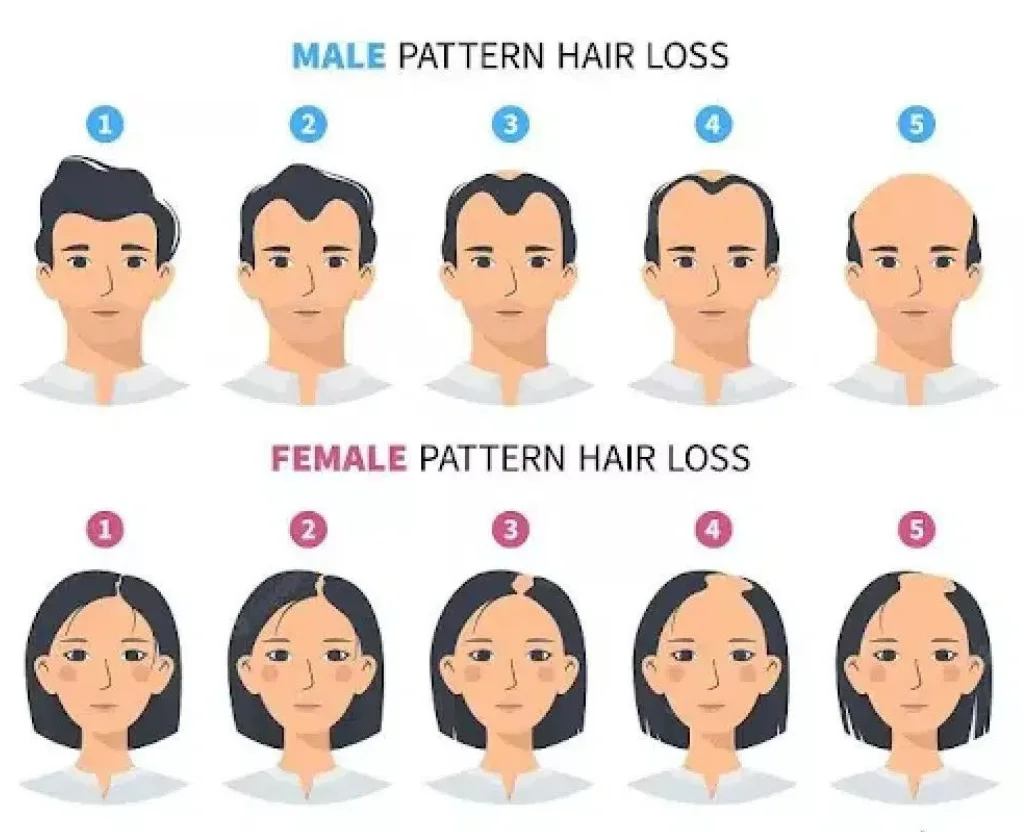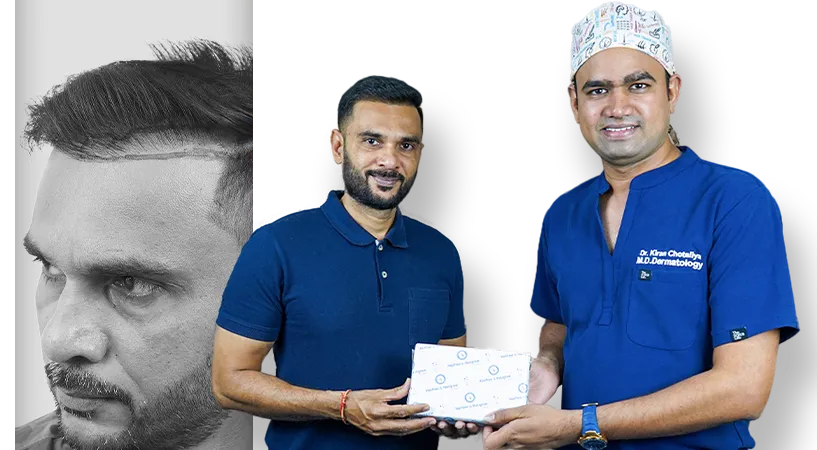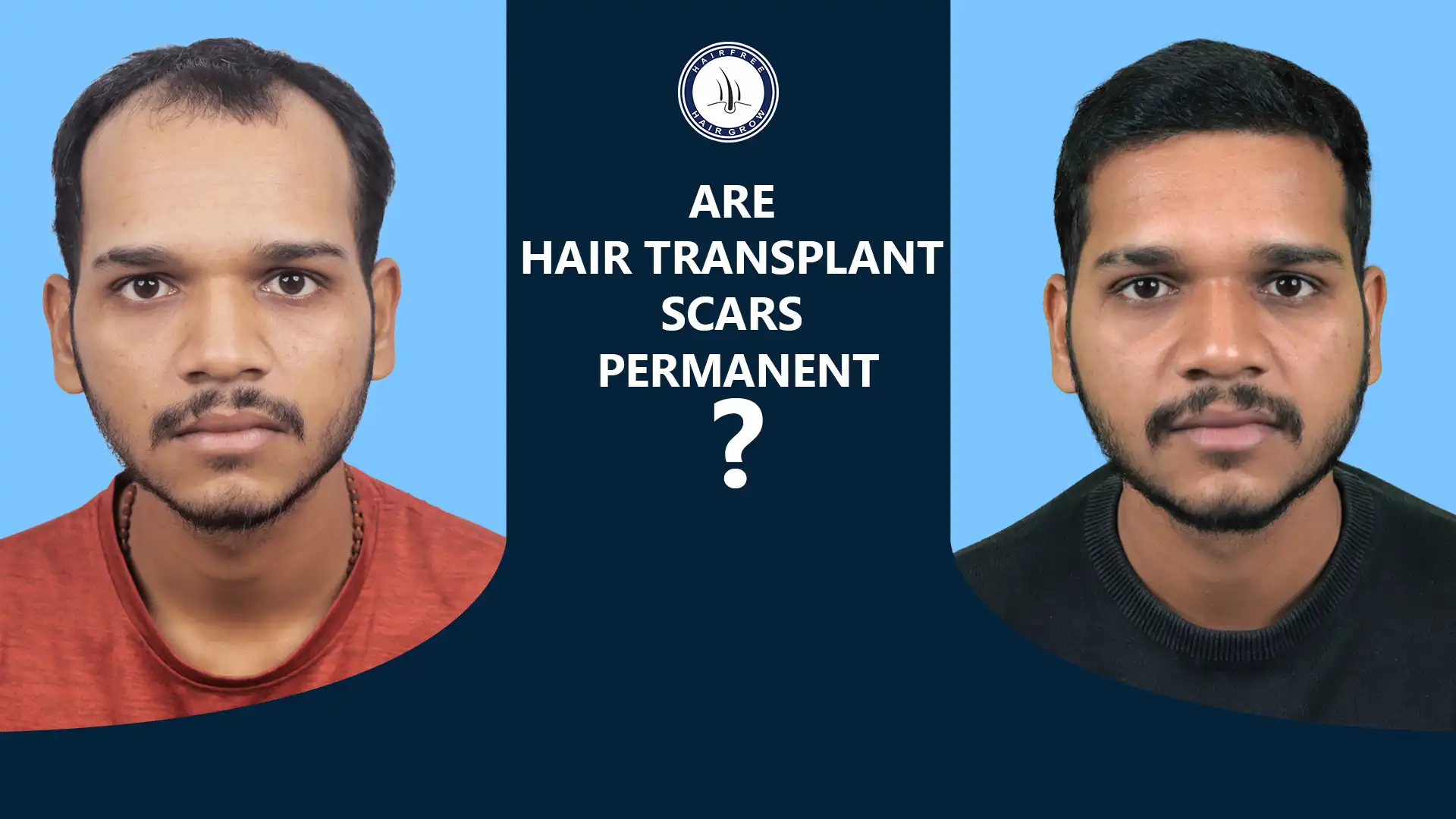
Are Hair Transplant Consultation Free? What to Expect and Why They Matter
Yes, many hair transplant clinics offer free consultations. These consultations allow you to discuss your hair loss concerns, evaluate your
First-line treatment of Hair loss, hair falling, hair thinning and baldness is a medication
Medication is crucial in preventing further hair loss and promoting regrowth whenever possible. Available From topical solutions to oral medications,
these treatments target various underlying causes of hair loss, such as androgenetic alopecia and alopecia areata, telogen effluvium, disease hair loss, immune suppressed hair loss, etc.

2. Biotin: Biotin, also known as vitamin B7, is a water-soluble vitamin of the body that gets from food, it stimulates the production of keratin to increase follicle growth. It plays a major role in the metabolic process and is essential for healthy skin, hair, and nails. The recommended intake is 30 micrograms for adults daily.
3. Vitamin A: Hair cells are the fastest-growing part of the body. vitamin A is the perfect fuel for hair growth. When your body absorbs vitamin A, it produces sebum that moisturizes your scalp, keeping it your hair follicles healthy. Having a vitamin
The recommended daily intake for vitamin A is up to 900 mcg for men and 700 mcg for women.
4. Vitamin D: Vitamin D deficiencies can lead to hair loss conditions like alopecia, female pattern hair loss, and excessive shedding.
the recommended dosage for adults is 600 IU of vitamin D
5. Vitamin E: Vitamin E is anti-oxidant. It can curb oxidative stress by balancing out the electron level in free radicals and it helps to keep healthy hair and nourish hair structure and main the hair shining
the recommended dietary allowance is 15 milligrams daily.
6. Iron: iron is an essential mineral for hair that helps to nourish the hair follicle and root. It is a protein found in your body’s red blood cells.
Iron supplies oxygen to cells throughout your body, aiding in their repair and growth of hair
An iron deficiency can lead to hair loss, with women being the most susceptible.
7. Zinc: zinc is an essential mineral that can help to maintain healthy hair, Zinc promotes oil production and reduces the scalp inflammation which can lead to healthier hair.
If you have a Zinc deficiency, you could experience hair loss. Those most susceptible to zinc deficiencies are those who drink alcohol excessively.
8. Calcium Pantothenate: It is a salt of vitamin B5 (Pantothenic acid) that works for hair growth and greying. It has a strong anti-oxidant that provides essential nutrients and reduces hair fall, strengthens hair from roots, nourishes follicles from within, and stimulates the growth of existing and new hair.
9. Saw palmetto: is a herbal supplement derived from the plant’s berries. It is a natural inhibitor for the production of testosterone. Saw palmetto blocks 5-alpha-reductase, the enzyme that converts testosterone to DHT, leading to less DHT in the body, potentially slowing hair loss and promoting new hair growth. It helps to increase sperm production and boost libido. It’s a most important natural extract for hair growth.
10. Oral Minoxidil:

One of the most widely used medications for hair loss is topical minoxidil. it works by preventing hair thinning and stimulating new growth. This medication is beneficial for various types of hair loss, including male and female pattern baldness, alopecia areata, telogen effluvium, etc.
it is available in the form of 2%, 5%, and 10% lotion and Minoxidil is a potassium channel opener
The mechanism by which minoxidil stimulates hair growth is not fully understood, but minoxidil can help reverse the hair loss process of androgenetic alopecia by the following means:
Topical Finasteride in combination with minoxidil:-The combination of topical minoxidil and finasteride can thus be considered as a beneficial treatment strategy to maintain hair density after achieving initial improvement with oral finasteride, thereby obviating the use of oral finasteride indefinitely.
Peptides may promote hair growth in several ways, including:
Commonly used peptides
Types of Peptides for Hair Growth
Selecting the correct peptide is crucial for achieving optimal hair growth results. Some of the primary peptides that may help stimulate hair growth are listed below:

In cases of female pattern baldness, antiandrogen medications like spironolactone and certain birth control pills can be effective. These medications work by blocking the effects of hormones that contribute to hair loss. It may take several months to show noticeable results.
Certain types of hair loss, such as alopecia areata, are autoimmune conditions where the body’s immune system attacks hair follicles. Corticosteroid medications help suppress this immune response, allowing hair to grow back. They can be applied topically, injected, or taken orally, depending on the severity of the condition.
In cases where a fungal infection like scalp ringworm is causing hair loss, antifungal medications are prescribed. These medications help eliminate the fungus, allowing hair to regrow. Treatment duration may vary, and side effects can include rash and gastrointestinal issues.
A combination of medications is used for optimal results. Dermatologists may recommend additional medications like antibiotics to prevent immune system attacks on hair cells or antimalarial medications to reduce scalp inflammation.

Before starting any medication regimen, it’s essential to consult with a dermatologist who can provide personalized recommendations based on your specific condition and needs. They will explain the benefits and risks of each treatment option, ensuring you make informed decisions about your hair loss treatment journey. Remember, patience is key, as results may take time to become apparent.
At Hairfree Hairgrow, we are committed to helping you achieve healthy, vibrant hair through expert guidance and effective treatments.

Yes, many hair transplant clinics offer free consultations. These consultations allow you to discuss your hair loss concerns, evaluate your

Generally, no, hair transplants are not covered by insurance in India, especially for cosmetic purposes like male pattern baldness. Hair

Yes, hair transplant scars are generally considered permanent, but their appearance can improve over time and be minimized with careful
Find Out in 3 Minutes, Your Hair Problem Solution.
The two FDA-approved medications for hair loss are minoxidil (topical) and finasteride (oral). Minoxidil is suitable for both men and women, while finasteride is prescribed only for men. Both have shown high success rates in slowing hair loss and promoting regrowth, especially in androgenetic alopecia, also known as pattern baldness.
Finasteride blocks DHT, the hormone responsible for pattern hair loss in men, making it more effective in stopping further hair loss than minoxidil. However, minoxidil is more widely used due to fewer side effects. Many doctors recommend using both together for optimal results, as they target hair loss from different pathways.
Hair loss medications like minoxidil and finasteride typically start showing visible results after 3 to 6 months of consistent use. Initial shedding may occur in the first few weeks, which is normal. Full effects can take up to 12 months. Early discontinuation may reverse progress, so patience and consistency are key.
Minoxidil may cause scalp irritation, dryness, and increased shedding initially. Finasteride may lead to rare side effects like reduced libido, erectile dysfunction, and mood changes. Most users tolerate both drugs well. It’s essential to consult a doctor before use, especially for long-term use, to monitor any adverse reactions.
Minoxidil is available over the counter in topical forms, such as 2% or 5% solutions. However, finasteride, which is taken orally, requires a prescription. Prescription ensures proper diagnosis and monitoring. Newer treatments like oral minoxidil or dutasteride also need medical supervision due to potential systemic effects.
Minoxidil doesn’t treat fungal scalp infections. Fungal hair loss, such as tinea capitis, needs antifungal treatment like oral terbinafine or fluconazole. Using minoxidil during an active infection may worsen inflammation. Always treat the infection first under medical guidance before considering hair regrowth treatments like minoxidil or finasteride.
Vitamins B7 (biotin), D, A, E, C, and iron, zinc, and protein are crucial for hair health. Deficiencies in these can lead to shedding and slow growth. However, taking excess supplements without deficiency won’t speed up regrowth. It’s best to confirm deficiencies with a doctor before supplementing.
Biotin helps strengthen hair in people with biotin deficiency, but this deficiency is rare. There’s limited scientific evidence supporting biotin’s effectiveness in treating typical hair loss like androgenetic alopecia. Still, it’s commonly included in hair supplements due to its role in keratin production. Overuse offers no added benefit.
Yes, iron deficiency is a leading cause of hair thinning in women. It affects oxygen transport to hair follicles, leading to telogen effluvium or diffuse hair shedding. Women with heavy menstruation, poor diet, or chronic illness are at higher risk. Iron supplements, under medical guidance, often restore normal growth.
Yes, a dermatologist can identify the type and cause of hair loss and suggest evidence-based treatments. Self-medicating may delay proper treatment or worsen the condition. They can also monitor for side effects, check for underlying health issues, and combine therapies like PRP, medications, or lifestyle changes for better results.